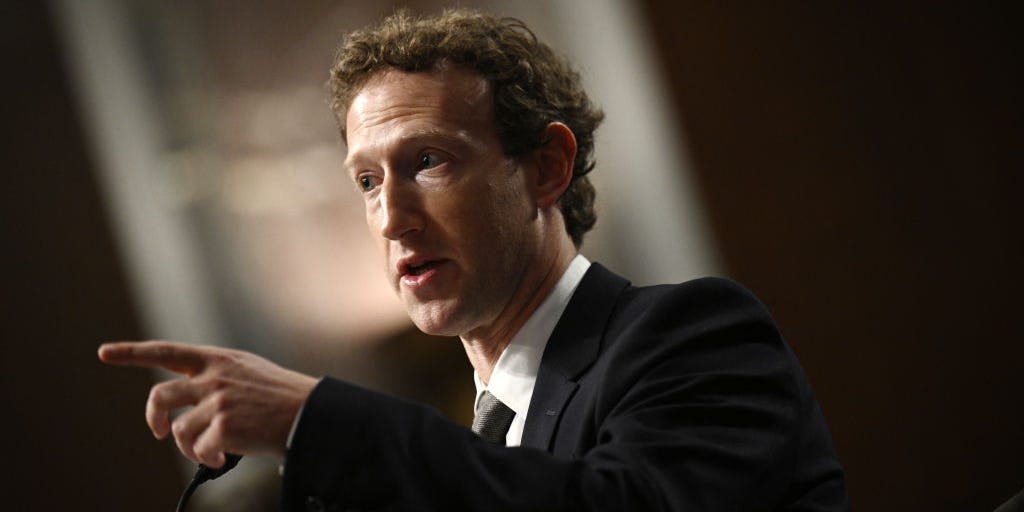When Mark Zuckerberg started amassing a large amount of GPUs in 2022, it was not for anything related to generative AI.
Instead, the Meta CEO and co-founder was still focused on the metaverse and thought the graphics processing units, mostly from Nvidia, would be used for ranking content and a big change to its algorithmic system for Reels, Instagram, and Facebook.
The algorithm went from one based on a user’s following to one based on “unconnected content,” or a system that shows a user content from all over an app, typically based on anything they’ve interacted with. It’s an algorithmic style made famous by TikTok, which for a time was growing faster than Meta’s apps.
Zuckerberg started to buy up GPUs and change Meta’s algorithms and related training infrastructure so Reels could “catch up to what TikTok was doing,” he told the podcaster Dwarkesh Patel in an interview where the CEO promoted last week’s expanded release of the Meta AI chatbot tool and Meta’s Llama 3 model.
“Did I think then that it would be about AI, well, we thought it was going to be something that had to do with training large models, but at the time…I was so deep into just trying to get the recommendations working for Reels and other content,” Zuckerberg said. “That’s such a big unlock for Facebook and Instagram, being able to show people content that’s interesting to them, from people they’re not even following.”
Despite generative AI not being on Zuckerberg’s mind until OpenAI’s ChatGPT tool exploded onto the tech scene, he did what he could to be ready for the unexpected. Having been caught off guard amid other step changes in tech — the shift to mobile, political manipulation of content, short-form video — Zuckerberg did not want to be unpleasantly surprised, yet again.
“I basically looked at [needing to catch up with TikTok] and I was like, ‘Hey, we have to make sure that we’re never in this situation again,'” Zuckerberg said. “‘So let’s order enough GPUs to do what we need to do on Reels and ranking content and feed, but let’s double that.’ Because again, our normal principle is there’s going to be something on the horizon that we can’t see yet.”
The CEO admitted that doubling Meta’s investment in GPUs on the off chance the company would need them “was a good decision in retrospect,” — one that he made because of so many perceived mistakes in the past.
“It came from being behind…it wasn’t like, oh, I was so far ahead,” Zuckerberg added. “Actually, most of the time, I think where we kind of make some decisions that end up seeming good is because we messed something up before and just do not want to repeat the mistake.”
Are you a Meta employee or someone with a tip or insight to share? Contact Kali Hays at khays@businessinsider.com or on secure messaging appSignal at 949-280-0267. Reach out using a non-work device.




